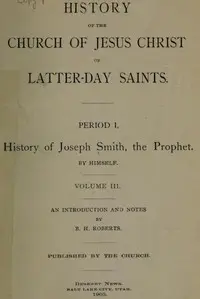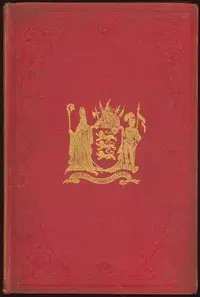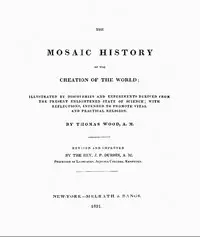"The Tragical History of Doctor Faustus" by Christopher Marlowe is a play that was likely written during the late 16th century. This dramatic work explores themes of ambition, desire, and the consequences of pursuing forbidden knowledge through the tragic story of its main character, Dr. Faustus, a scholar who seeks to gain unlimited knowledge and power by making a pact with the devil. The opening of the play introduces us to Dr. Faustus, who is disillusioned with traditional forms of academia. Despite his considerable knowledge in various fields, Faustus craves more and turns to necromancy in his quest for ultimate power. In his study, he debates the merits of different disciplines before ultimately deciding to delve into magic. He is soon joined by companions who encourage his pursuits, and we witness his internal conflict between good and evil as he is tempted by both a Good Angel and an Evil Angel. As Faustus embarks on his fateful journey, he prepares to conjure Mephistophilis, a demon who will fulfill his desires but at a dire cost. This complex interplay of ambition and moral choice sets the stage for Faustus's tragic fall. (This is an automatically generated summary.)

The Tragical History of Doctor Faustus From the Quarto of 1604
By Christopher Marlowe
See also PG#811 from The Quarto Of 1616
Christopher Marlowe, also known as Kit Marlowe, was an English playwright, poet, and translator of the Elizabethan era. Marlowe is among the most famous of the Elizabethan playwrights. Based upon the "many imitations" of his play Tamburlaine, modern scholars consider him to have been the foremost dramatist in London in the years just before his mysterious early death. Some scholars also believe that he greatly influenced William Shakespeare, who was baptised in the same year as Marlowe and later succeeded him as the preeminent Elizabethan playwright. Marlowe was the first to achieve critical reputation for his use of blank verse, which became the standard for the era. His plays are distinguished by their overreaching protagonists. Themes found within Marlowe's literary works have been noted as humanistic with realistic emotions, which some scholars find difficult to reconcile with Marlowe's "anti-intellectualism" and his catering to the prurient tastes of his Elizabethan audiences for generous displays of extreme physical violence, cruelty, and bloodshed.


















